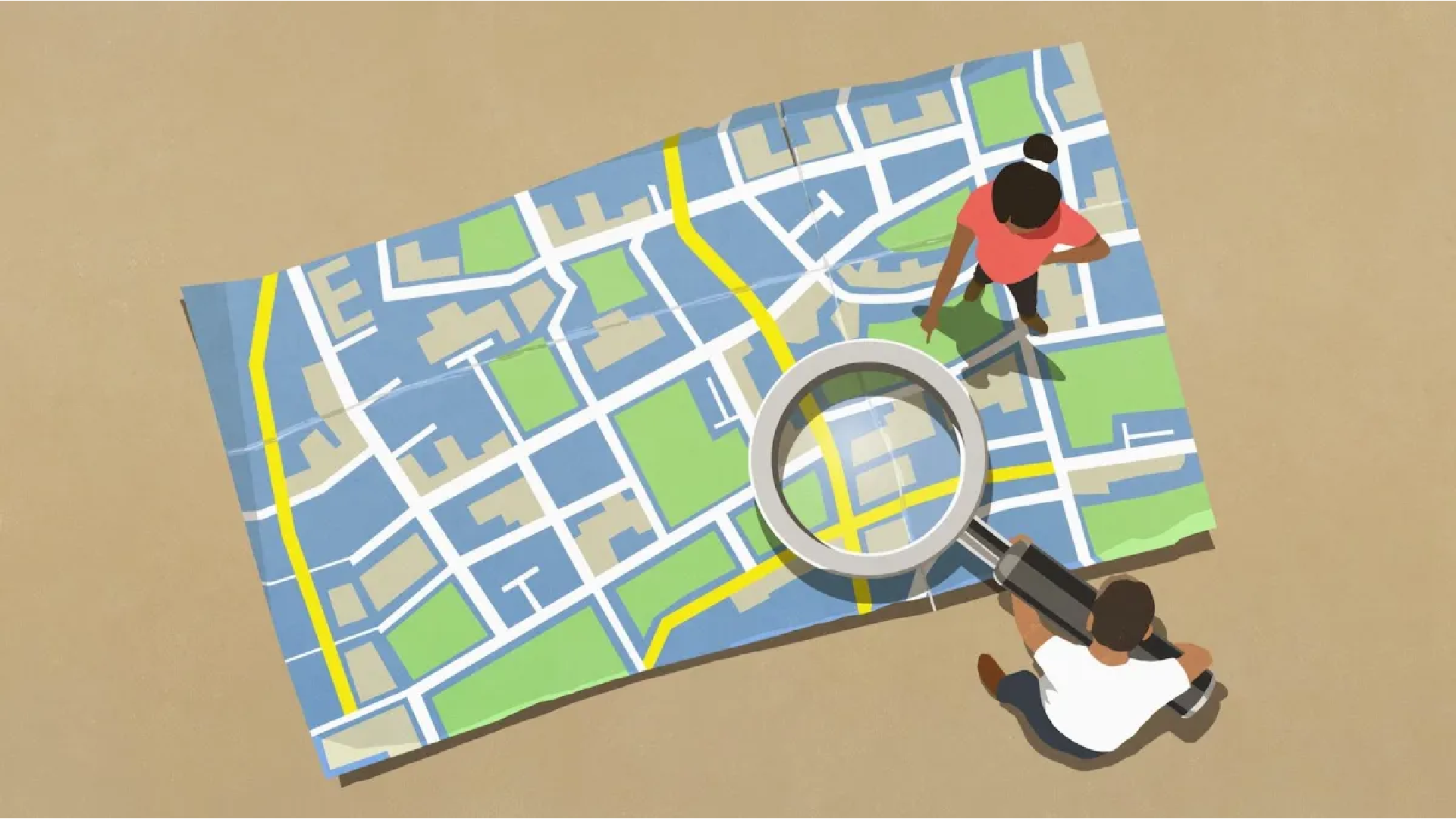
Backed by Microsoft, AWS and Meta, the Overture Maps Foundation launches its first open map data sets
- entspos
- 6:38 pm
- July 24, 2024
It’s not every day that Microsoft, Amazon, and Meta join forces for a common cause. However, that’s precisely the case with the Overture Maps Foundation, an initiative dedicated to developing interoperable and open map data.
Launched in December 2022, the Overture Maps Foundation aims to challenge Google’s dominance in online mapping. Hosted by the Linux Foundation, the group has been releasing early previews of its data sets over the past year, with the first beta version arriving this April. On Wednesday, the initiative marked a significant milestone by releasing four open data sets in general availability (GA).
Maps are essentially composed of “layers” that can be customized for various applications. The Overture Maps Foundation is now releasing data sets for buildings, including 2.3 billion building “footprints” worldwide; places, featuring around 54 million notable points of interest; divisions, which visualize boundaries between countries, regions, cities, or neighborhoods; and base, covering land and water features like physical infrastructure (e.g., communication towers, piers, and bridges).
The foundation’s transportation data set remains in beta, while a new addresses data set, currently in alpha, includes 200 million addresses across 14 countries.
While Microsoft, AWS, and Meta are the most prominent members, the core steering committee also includes location technology veteran TomTom. Other members, categorized as “general” and “contributor” members, include Esri, Hyundai, Niantic, and TripAdvisor. Google’s absence is notable but expected, given the project’s ultimate goal.
The foundation aggregates data from various sources, including open datasets from projects like OpenStreetMap and government sources, as well as proprietary data from its members and even some from Google. Although most of Google’s mapping data is proprietary, it has released some datasets under an open access license, such as Open Buildings, which was released in 2021. The Overture Maps Foundation has used data from OpenStreetMap, Esri, Microsoft, and Google, as demonstrated in a map of the U.S.-Mexico border.
Combining different data sets is not straightforward, as they often have different formats, structures, and standards. The process of merging these data sets, known as conflation, involves meticulous checking and de-duplication to ensure accuracy. “One of the real challenges when you start combining data from various sources is identifying whether a record of a building or place matches another record,” explained Marc Prioleau, executive director of the Overture Maps Foundation, in an interview with TechCrunch. “People often misspell things or use different names, and geographical misalignments can occur. Conflation helps address these issues.”
OpenStreetMap plays a significant role in providing data for the Overture Maps Foundation, alongside open data sets from governments and municipalities. Corporate members also contribute their proprietary data. For example, Meta has shared its Facebook places data, which includes information about every “place” or restaurant with a Facebook page. “While knowing the details of what people like about a place is a competitive advantage, simply knowing the place exists is not,” said Prioleau. “Sharing this data allows us to create a more comprehensive record.”
Prioleau, who has extensive experience in the mapping and location industry from his roles at Mapbox, Uber, and Meta, leads the Overture Maps Foundation. He was joined by Amy Rose as technical director in November, making the organization’s full-time staff count two. The foundation also employs around 10 contractors for various tasks, with the Linux Foundation providing some engineering support. Member companies contribute around 100 people who participate in the project, either part-time or full-time, depending on the task.
“When our member companies join, we emphasize that this is a participatory effort, not a spectator sport,” said Prioleau. “We encourage active involvement in the many aspects of the project.”















